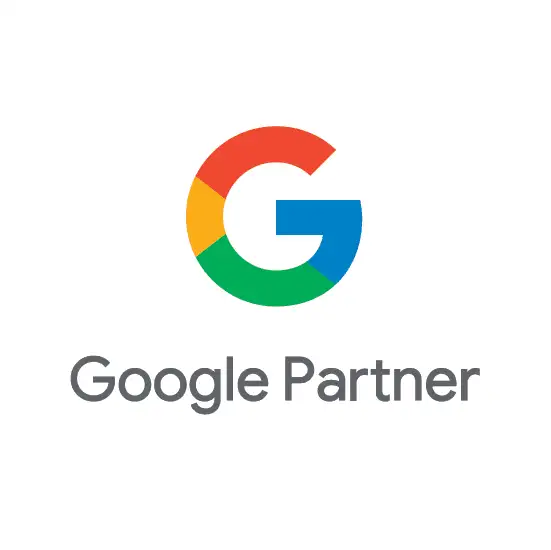The newly published Google Search Engine Optimization (SEO) guide documents the HTTP status codes, network and DNS errors in detail that will impact your site’s performance in Google Search.
In the document, Google covers the top 20 status codes that Googlebot encountered on the web, and the most prominent network and DNS errors.
Below are the main topics included in the document:
HTTP status codes
An HTTP status code is a server response to a browser’s request. When you visit a website, your browser sends a request to the site’s server, and the server then responds to the browser’s request with a three-digit code: the HTTP status code.
- 1xxs Code
Informational responses: The server is thinking through the request.
- 2xx codes
This class of status codes indicates the action requested by the client was received, understood, and accepted.
- 3xx codes
Redirection: This class of status code indicates the client must take additional action to complete the request. Many of these status codes are used in URL redirection.
- 4xx codes
Client errors: Page not found. The site or page couldn’t be reached.
- 5xx codes
Server errors: Failure. A valid request was made by the client but the server failed to complete the request.
- Network & DNS errors
According to Google “Network and DNS errors have quick, negative effects on a URL’s presence in Google Search. Googlebot treats network timeouts, connection reset, and DNS errors similarly to 5xx server errors. In case of network errors, crawling immediately starts slowing down, as a network error is a sign that the server may not be able to handle the serving load. Already indexed URLs that are unreachable will be removed from Google’s index within days. Search Console may generate errors for each respective error”
For SEO Experts, such detailed guides ensure that we are able to provide better-targeted services to our clients. Our teams know these codes well but having more information to drive organic traffic to clients is always awesome. By having a deeper understanding of the codes, we ensure the accessibility of our content to search engine crawlers.











